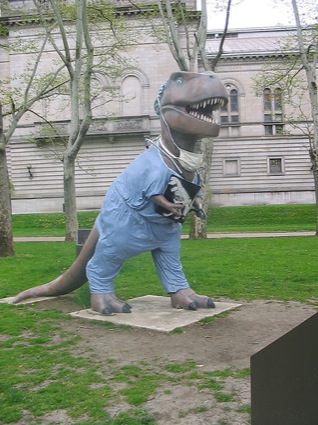For my second journey into the mind of Charles Williams, I chose his Arthurian poetry cycle, which includes Taliessin through Logres and The Region of the Summer Stars. Williams worked hard on these poems. All accounts say that he viewed them as his greatest achievement. Turning out novels and other books for some profit was always getting in the way of his accomplishing this task. In fact, death put a stop to it before he could finish the cycle with a third volume.
And so, I started to read. It was slow going. I only understood about 10% of what was going on. I almost quit…
Then, I discovered The Figure of Arthur, a concise history of Arthurian legend, written by Williams and published (in part) after his death by C.S. Lewis. This was immensely helpful, for now many of the names and places mentioned in his verse took on a history. The book also includes extensive notes and literary criticism from C.S. Lewis on the poems themselves. He admits that in some ways, they aren’t very good. But he praises them for other qualities that I hadn’t considered (perhaps more on that later). With Lewis to guide me through the cycle, it suddenly became much more interesting. The words on the page transformed right before my eyes! That is to say, suddenly the poem didn’t suck anymore.
Lewis explains that a lot of the best writing out there has prerequisites to reading it with understanding. That is why studying the classics is so valuable. However, you have to draw the line somewhere:
[concerning T.S. Elliot’s The Waste Land], if you have never read Dante or Shakespeare certain things in that poem will be obscure to you. But then, frankly, we ought to have rad Dante and Shakespeare; or at lest the poet has a right to address only those who have done so. And if the only result of a first reading of The Waste Land were to send you to Dante and Shakespeare, your time and money have been very well spent. Similarly in Williams. He assumes that you know the Bible, Malory, and Wordsworth pretty well, and that you have t least some knowledge of Milton, Dante, Gibbon, the Mabinogion, and Church history. Difficulties of this sort are wholly legitimate. But there are border-line cases.
When Mr. Eliot assumes that you know Miss Weston’s From Ritual to Romance, or Williams that you know Heracleitus as quoted by W.B. Yeats – or still more when the one assumes a knowledge of the Tarot pack and the other of the Sephirotic Tree – the difficulties are becoming less obviously legitamate. We have not indeed, reached the frontiers of vicious Privatism. The things referred to are accessible: the poet may be innocently mistaken about the extent to which they are – still more about the extent to which they ought to be – matters of common knowledge among educated people.
-C.S. Lewis, Williams and the Arthuriad, Conclusions p. 189
So I read something, and found it boring and confusing. But I wasn’t conviced is was the author’s fault. It had a hint of something more there, if only I could put my finger on it. So I spent a few days studying the background, then returned to it. What a difference!
The entire cycle really is pretty slow going. I don’t think I’ll end up carefully reading through the whole thing right now. There are other things I’d rather explore. Nonetheless, I was pleasantly surprised to find the extra effort worth it!


